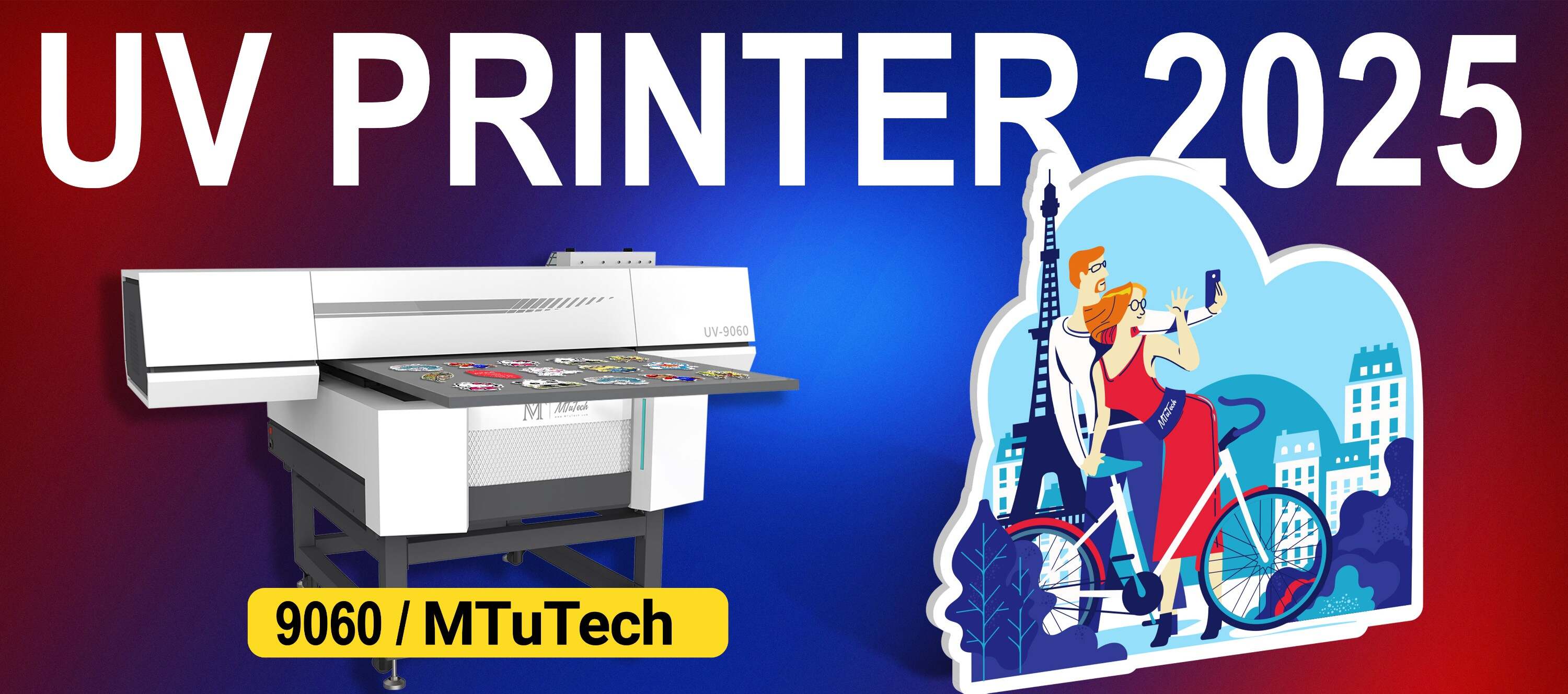 Introduction
Introduction
When considering entering the world of printing, particularly with UV printers, it's crucial to understand the complete financial landscape. While many potential buyers focus solely on the initial purchase price, a comprehensive evaluation of both upfront costs and ongoing operational expenses is essential for making an informed decision. This post will delve into these costs, helping you to assess the overall investment in UV printing technology.
Understanding Upfront Costs
The upfront costs of a UV printer mainly pertain to the initial investment required to purchase the equipment and any supplementary gear needed to commence operations. Here’s a detailed breakdown:
1. Purchase Price of the UV Printer
The most significant upfront expense is the purchase price of the UV printer. Prices can vary widely, influenced by factors such as printer size, capabilities, brand, and technology. Typically, you can expect:
Small-format UV printers: $10,000 - $30,000
Mid-range printers: $30,000 - $70,000
Large-format and industrial-grade printers: $70,000 - $200,000+
2. Additional Equipment
Depending on your specific business needs, there may be additional equipment required. Common items include:
Air filtration systems to manage fumes
Heat curing units for certain types of printing tasks
Finishing equipment like cutting or laminating machines
3. Software Costs
To optimize UV printing jobs, software is often required for design and job management. Costs for graphic design and RIP (Raster Image Processor) software can range from:
Free options to premium subscriptions of $500 - $3,000 based on functionality.
4. Installation and Setup
Installation may require professional service, especially for larger units. Installation costs can vary, ranging from:
$500 to $2,000 depending on the complexity and equipment needed.
Operational Expenses: A Comprehensive Look
Operational expenses are the costs incurred during the daily functioning of your UV printing business. These can add up quickly and are crucial to consider alongside initial investments.
1. Consumables
Consumables make up a significant portion of operational costs. Key consumables include:
UV inks: Depending on the type of ink, prices can range from $50 to $200 per liter.
Printing substrates (materials): Costs will vary based on type and size, typically between $0.50 and $5.00 per square foot.
2. Maintenance and Repairs
Regular maintenance is vital for the longevity of your UV printer. Budgeting for these costs is essential:
Annual maintenance contracts: Typically $1,000 to $3,000 depending on the service provider.
Unexpected repairs: Keep in mind you may need to set aside funds for any unforeseen equipment damage.
3. Labor Costs
Labor costs will depend on the size of your team and their expertise in handling UV printing. Consider these aspects:
Skilled operators may expect salaries from $35,000 to $60,000 per year.
Training and development: Factor in potential training programs for new staff.
4. Utility Costs
Running a UV printer frequently leads to increased utility expenses, notably for:
Electricity: Machines may consume significant power, leading to increased monthly bills.
Water and waste disposal: If applicable, ensure these costs are accounted for.
5. Space Requirements
Lastly, consider the physical space needed for the printer and any additional equipment. This may involve:
Rent or lease costs for commercial space.
Cost of utilities for the warehouse or office where the printing takes place.
Calculating Your Total Investment
When considering a UV printer, it’s essential to calculate your total cost of ownership by adding both upfront and operational expenses.
Example calculation:
Upfront cost (printer + equipment + software + installation): $40,000
Annual operational expenses (ink + maintenance + labor + utilities): $30,000
Total Estimated First-Year Investment: $70,000
Benefits of Understanding These Costs
By thoughtfully analyzing both types of costs, you'll not only prepare for financial commitments effectively but also make strategic decisions regarding pricing for your printing services. Understanding the full scope of expenses can enhance cash flow management and lead to better profitability.
Conclusion
Investing in UV printing technology can be financially rewarding, but it requires a careful analysis of both upfront and operational costs. Make informed decisions by breaking down your investments, understanding ongoing expenses, and planning for the future. Ultimately, this knowledge will allow you to leverage your UV printer effectively and optimize your business performance. For high-quality UV printers that cater to your specific needs, check out our offerings: Explore our high-quality UV printers here.
FAQ
What is the average lifespan of a UV printer?
The lifespan can vary significantly but is typically between 5 to 10 years, depending on usage and maintenance quality.
Are there financing options available for purchasing UV printers?
Yes, many suppliers offer financing options or leasing arrangements to help manage the upfront costs.
What factors can affect the cost of UV inks?
Cost can be influenced by the color, type (flexible, rigid), brand, and environmental certifications of the inks.
How can I minimize operational costs of UV printing?
Consider bulk purchasing of supplies, regular maintenance to prevent major repairs, and optimizing your production processes for efficiency.
Is it worth investing in a high-end UV printer for small business?
Yes, if your target market and business model support it, a high-end printer can offer superior quality, faster production, and a broader range of applications, potentially leading to higher profits.
